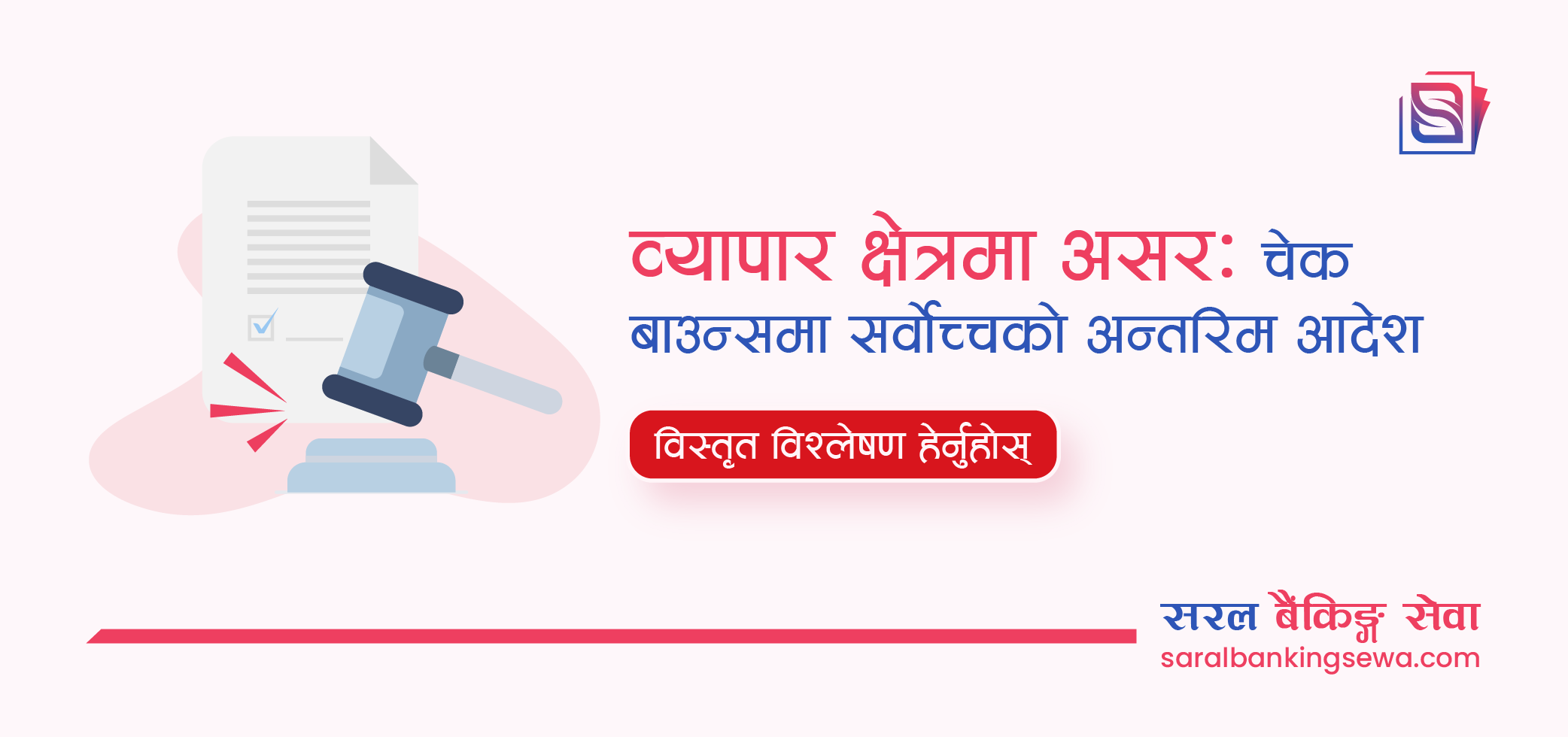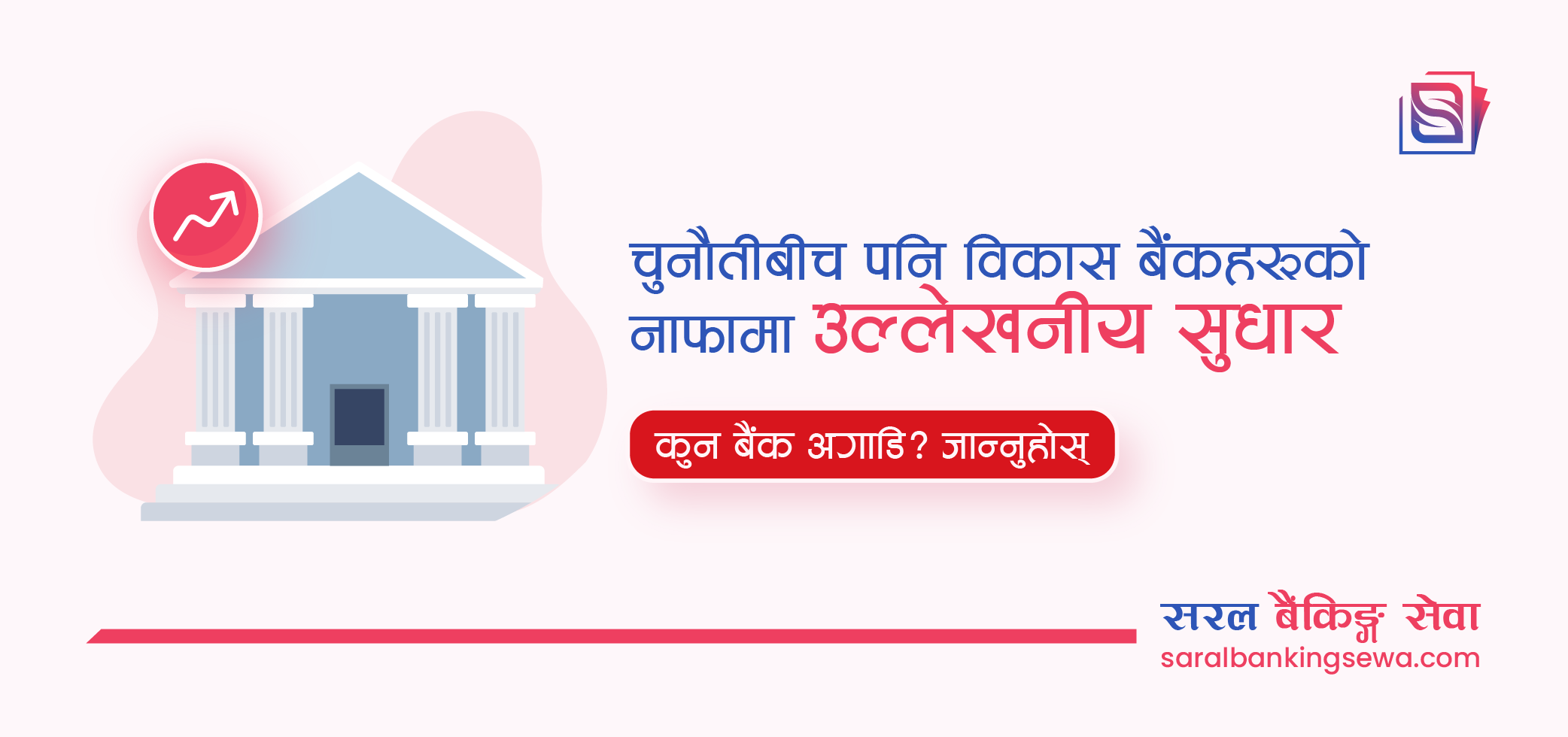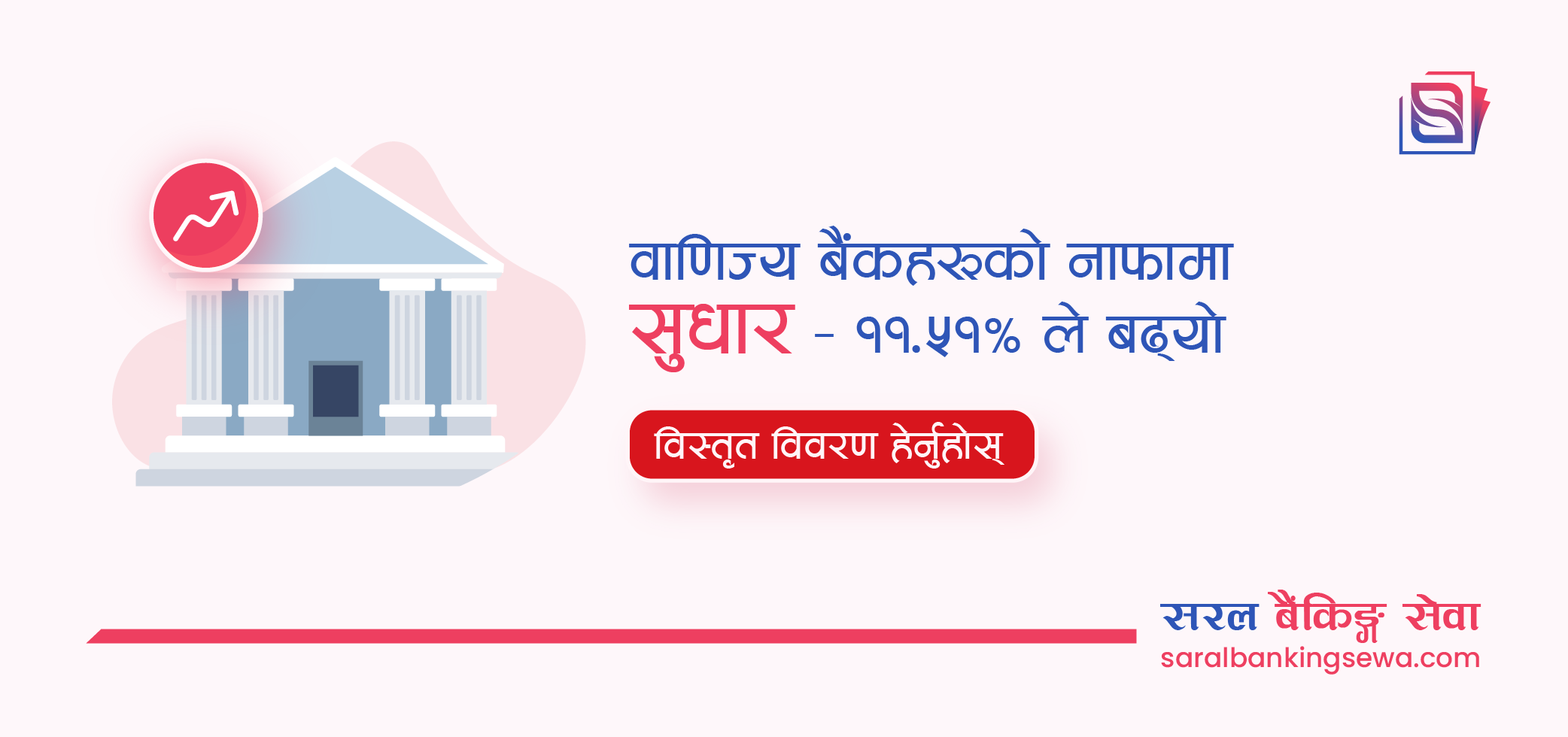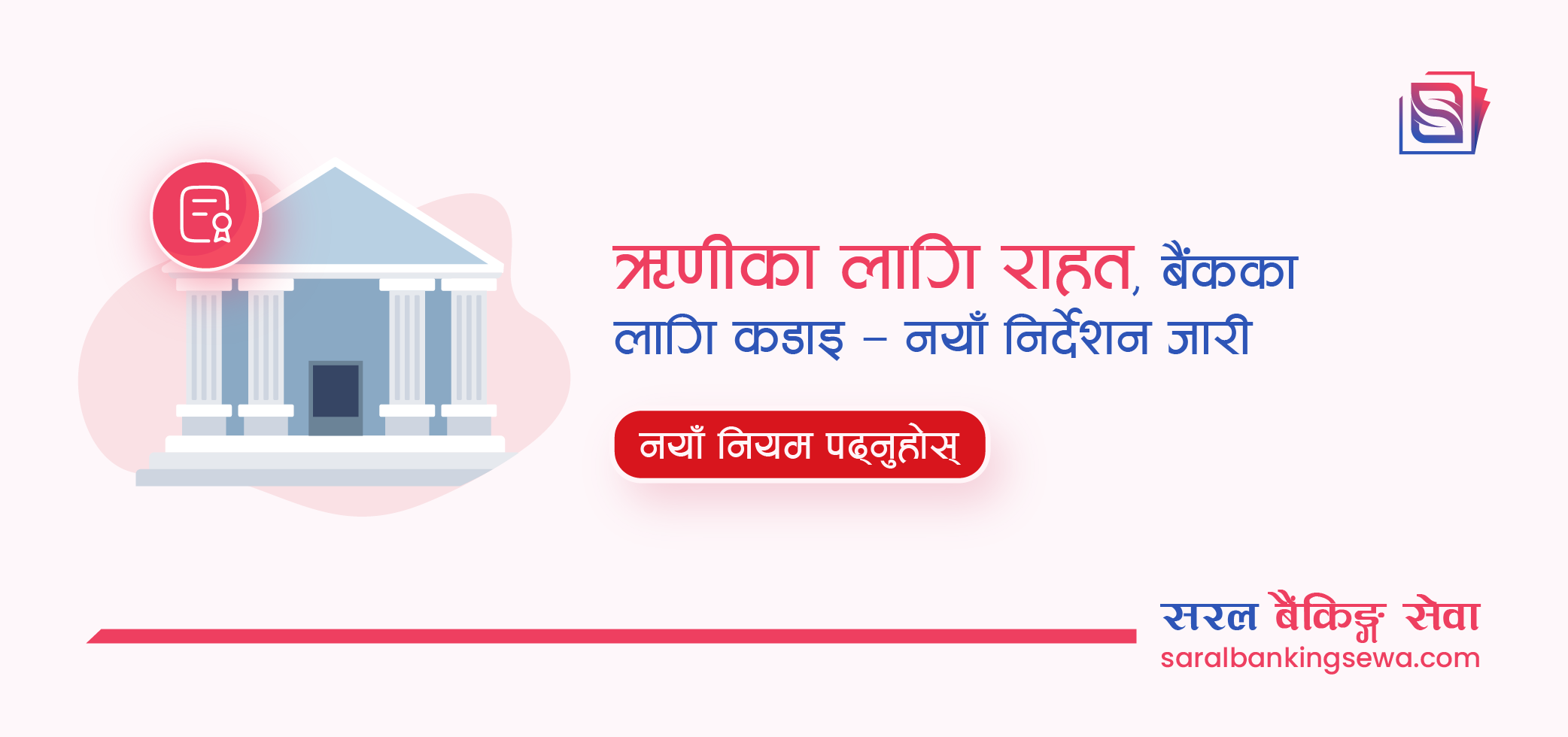
If you’re planning a trip back to Nepal, don’t forget to count your cash before packing. The Nepal Rastra Bank (NRB) has reissued a reminder that travelers can bring in a maximum of USD 5,000 (or equivalent in other foreign currency) without a customs declaration. Anything above that must be formally declared at customs.
Failing to declare cash beyond the permitted limit will not be a minor oversight or a mistake but a violation of Nepal’s currency regulations.
The rule may seem strict, prompting many to wonder why it makes traveling more difficult, but it serves some crucial purposes.
With open borders and rising cross-border smuggling, items like dollars, gold, and silver often slip through unofficial channels. By limiting how much cash one can carry, authorities aim to discourage hundi transactions and smuggling activities.
Nepal is striving to exit the FATF (Financial Action Task Force) ‘grey list’. Weak enforcement of currency reporting was seen as a loophole. The new cash declaration system ensures transparency and compliance with international financial standards.
Another subtle push here is toward modern payment methods. Instead of wads of cash, travelers are nudged to use cards, travel cards, or digital wallets, which are both safer and more convenient.
The NRB has also imposed restrictions on Indian currency. If you’re carrying Indian rupees, keep these points in mind:
This isn’t about making life harder for travelers. Rather, it’s about securing Nepal’s financial system, curbing illegal trade, and promoting digital banking habits.
So next time you return from abroad, think twice before stuffing your pockets with cash. Opt for safer alternatives like travel cards, wire transfers, or digital wallets. Not only will your money be more secure, but you’ll also be contributing to Nepal’s effort to meet global financial standards.
Tip: Before your next trip, check the Nepal Rastra Bank’s currency rules, declare cash if necessary, and embrace digital payment options for a smoother, safer journey.




Sign up to discover Saral Banking Sewa